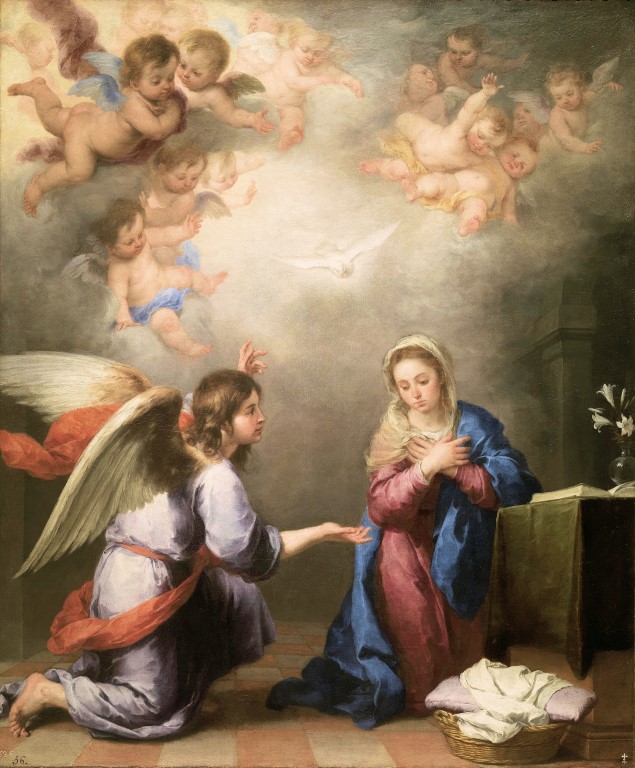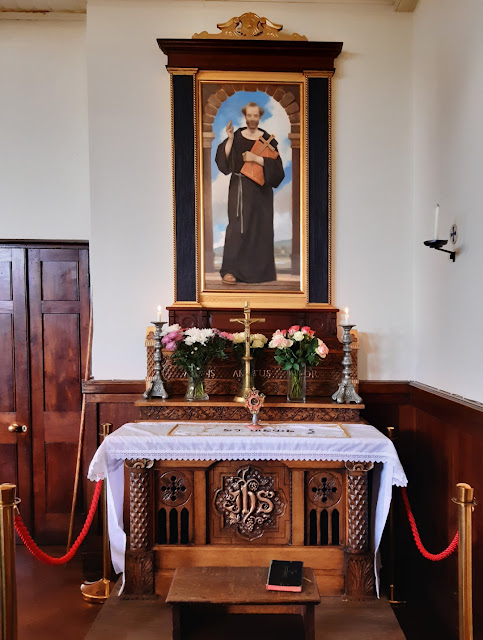Reminiscences on the release of Summorum Pontificum
The Catholic blogosphere had started to take off as a vehicle of commentary and discussion, untrammelled by official censorship. I joined up in April 2006. One of the subjects of discussion throughout 2006 and the early part of 2007 was the rumour of a "universal indult" for the celebration of the Traditional Latin Mass. The rumour mill became entertainingly farcical as it became clearer that Pope Benedict was indeed going to do something.
One or two fellow bloggers had managed to get an advance copy of the document a few days before. (One incurred universal opprobrium by breaking the generally-agreed voluntary embargo.) I did not have a copy but did have a friend in Rome who had one on his desk and phoned me up. He knew that I regularly celebrated the traditional Mass - I even had the short-lived "Celebret", a rescript from Ecclesia Dei giving me permission to do so fairly freely. My friend was not a devotee of the traditional Mass, but not particularly opposed to it either. He said, from his position of neutrality "It is incredible. It gives you everything you lot have been asking for, and more." Indeed it did. Hence the mood of celebration then and now.
That "more" was that the Pope did not give a "universal indult" or wider permission to celebrate the traditional Mass. He said that no permission was necessary. One of the crucial provisions of Pope Benedict was to settle once and for all a long-running argument over the legality of the traditional Mass. In his letter accompanying Summorum Pontificum, he wrote
As for the use of the 1962 Missal as a Forma extraordinaria of the liturgy of the Mass, I would like to draw attention to the fact that this Missal was never juridically abrogated and, consequently, in principle, was always permitted.This was res extraordinaria indeed. The Pope just affirmed the view held by the Remnant, Michael Davies and assorted others who had hitherto been considered extremists, that in fact the old Mass had never been abrogated. Moreover he made this the foundation of the document which gave a legal framework to the whole position.
He also set out a principle which is of immense value for liturgical discourse and again overturned what had become a consensus in many colleges, seminaries and institutes.
What earlier generations held as sacred, remains sacred and great for us too, and it cannot be all of a sudden entirely forbidden or even considered harmful. It behooves all of us to preserve the riches which have developed in the Church’s faith and prayer, and to give them their proper place.One hugely important factor in the months following Summorum Pontificum was the relentless critique by Fr Z of letters from chanceries all over the place attempting to impose conditions on the celebration of the old Mass that were simply ruled out by the document. That helped significantly in establishing the rights of the faithful to the Mass of Ages.
Well, that's enough from me, and I have to be bright-eyed and bushy-tailed for our Parish Summer Fair tomorrow. If you are ever minded to come down to Margate for one of these lovely summer weekends, we have the traditional Latin Mass every Sunday, sung, at 11.30am at St Austin and St Gregory. For which we thank Pope Benedict.
For further commentary on the anniversary, here is a small selection of articles from some of my favourite sources:
- Fr Zuhlsdorf with Commemorative Swag, Oldie Tunes Revisited and encouragement to Tie One On
- Fr Hunwicke on The Real Importance of Summorum Pontificum
- Dom Alcuin Reid in the Catholic Herald On the 10th anniversary of Summorum Pontificum, we can safely say the doomsayers are wrong
- Shawn Tribe for the New Liturgical Movement Reflections on the Tenth Anniversary of Summorum Pontificum
- and Peter Kwasniewski also for NLM on The Glorious Revolution Overthrown
- Rorate Caeli has a Special Guest Op-ed: "The Motu Proprio Summorum Pontificum at 10" - by Dr. Tom Woods



